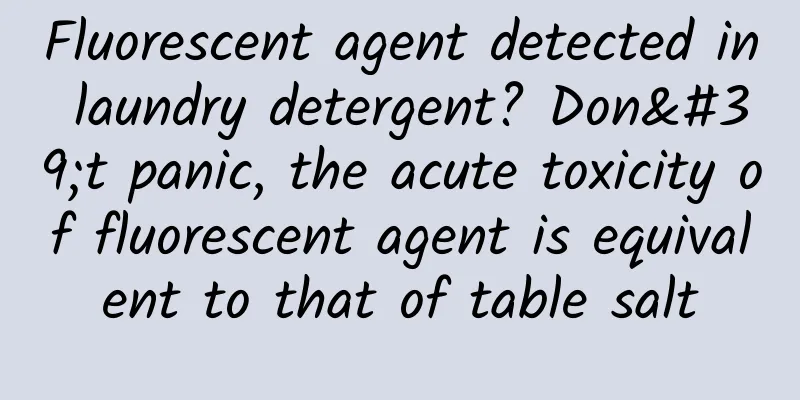Can I take estrogen supplements after menopause?

|
Once women have menopause, they still need to take care of their bodies. They cannot let the decline of ovarian function and the aging of skin increase the psychological pressure on women while also facing some health risks. So, can estrogen be supplemented after menopause? It can be said that after menopause, depending on each person's health condition, appropriate estrogen supplementation is needed. The most obvious change before and after menopause is the decline of ovarian function. The earliest sign of ovarian function decline is the decrease in the sensitivity of follicles to FSH and the increase in FSH levels. Estrogen levels fluctuate greatly during the early stages of the menopausal transition and may even be higher than normal follicular phase levels. It is caused by excessive secretion of estradiol due to excessive stimulation of follicles by increased FSH. Estrogen levels do not decrease gradually throughout the menopausal transition, but only drop rapidly when the follicles stop growing and developing. After menopause, the ovaries no longer secrete estrogen, but women still have low levels of estrogen in their circulation, mainly from the adrenal cortex and estrone converted from androstenedione in the ovaries by aromatase in peripheral tissues. In menopausal women, circulating levels of estrone (E1) are higher than those of estradiol (E2). After menopause, estrogen levels drop, and many women experience annoying symptoms such as hot flashes, irritability, dryness and pain caused by atrophy of the urethral and vaginal mucosa. Osteoporosis, cardiovascular disease and Alzheimer's disease are also related to the decline of estrogen. Therefore, scientific estrogen supplementation can alleviate these symptoms and reduce the risk of cardiovascular disease, osteoporosis and other diseases. The "golden period" for hormone supplementation is starting when menopausal symptoms appear or before the age of 60, when the effects are best, especially for the cardiovascular system. Starting hormone supplementation after the age of 60 has limited effect, and starting it too late may even increase the risk of Alzheimer's disease. There is no required time, depending on the purpose and effect of hormone supplementation. However, no matter how long you take the supplement, you should regularly see your doctor to check the effectiveness of the supplement and any side effects. Through the above introduction, everyone is clear about whether estrogen can be supplemented after menopause. It is not acceptable for estrogen levels to be too high or too low. Only by maintaining normal secretion levels can the human body be protected from threats and harm from certain diseases. If the lack of estrogen is relatively large, medication can be used to supplement it. |
<<: Can I take estrogen after menopause?
>>: Is there any estrogen after menopause?
Recommend
What is the reason for excessive vaginal discharge?
To put it simply, leucorrhea is a liquid secreted...
Some people who have normal blood lipids also need to take statins to lower blood lipids. Why?
A friend told Huazi that her blood lipids were no...
How to deal with a miscarriage
There are two types of miscarriage: natural misca...
What is the profession of a KTV princess? Can a KTV princess do it directly?
What exactly does a KTV princess do? There are pr...
What to do if menstruation becomes less after abortion
Abortion is very common. There are many methods o...
Causes of late menstruation
Adult female friends all hope that their menstrua...
Will phyllodes tumor of the breast lead to death within 5 years?
Cancer must be a taboo word. According to the cur...
[Medical Q&A] How many types can common childhood mental disorders be roughly divided into?
Author: Zhang Cheng, Beijing Huilongguan Hospital...
How effective is cupping in treating breast hyperplasia?
Breast hyperplasia is a very common physical dise...
comScore: Apple accounts for 40% of the U.S. smartphone market share in Q2 2013
Apple remains the largest smartphone manufacturer ...
Causes of Chromosomal Syndrome Abnormalities
Chromosomal abnormality is a very common disease ...
What causes dysmenorrhea in women?
Dysmenorrhea is the most painful thing for girls....
What does a positive hydrogen peroxide test for leucorrhea mean?
Leucorrhea examination is still very important fo...
Treatment of cervical erosion during childbirth
Cervical erosion has an incubation period. During...
Food treatment for amenorrhea
Every menstruation of women is very important, be...









